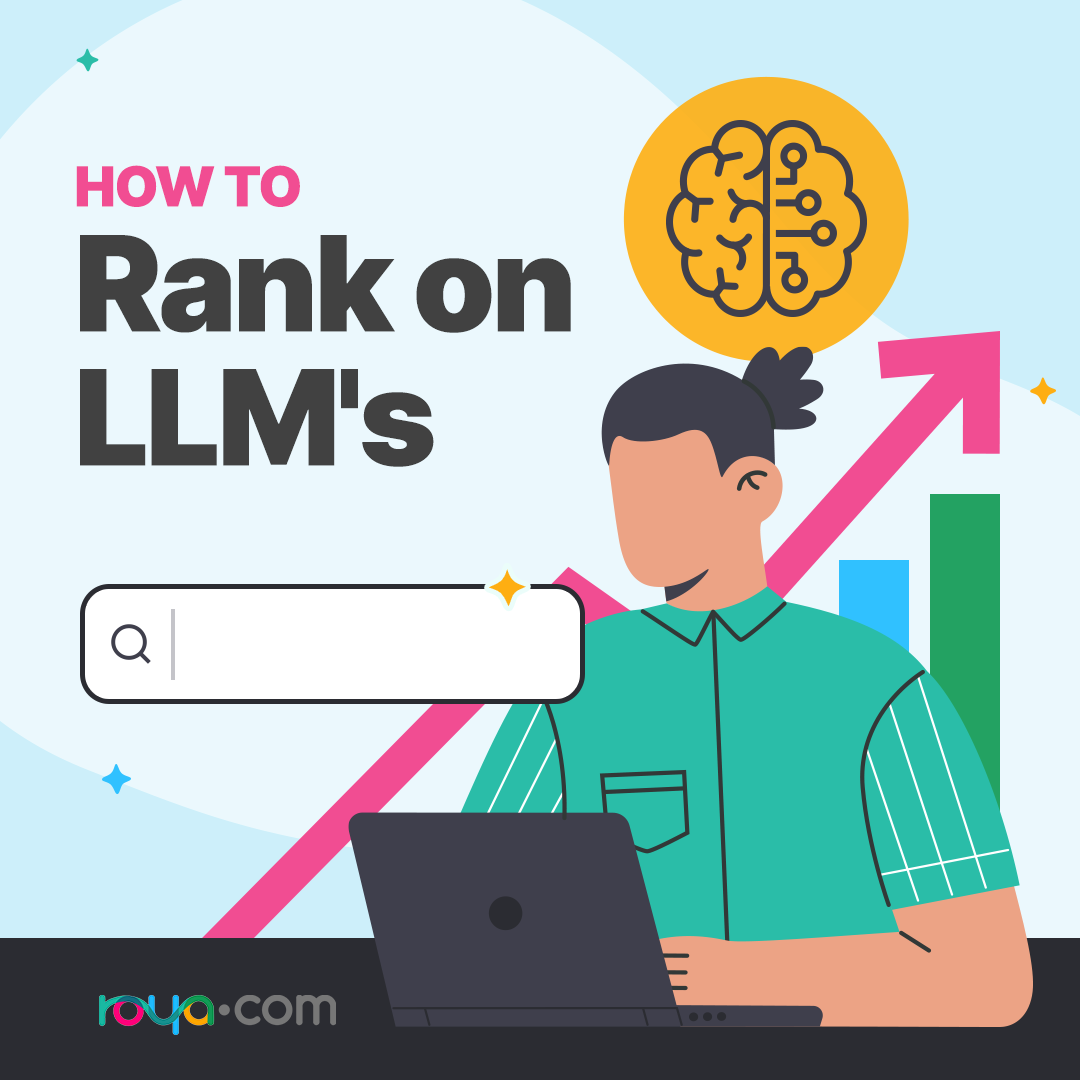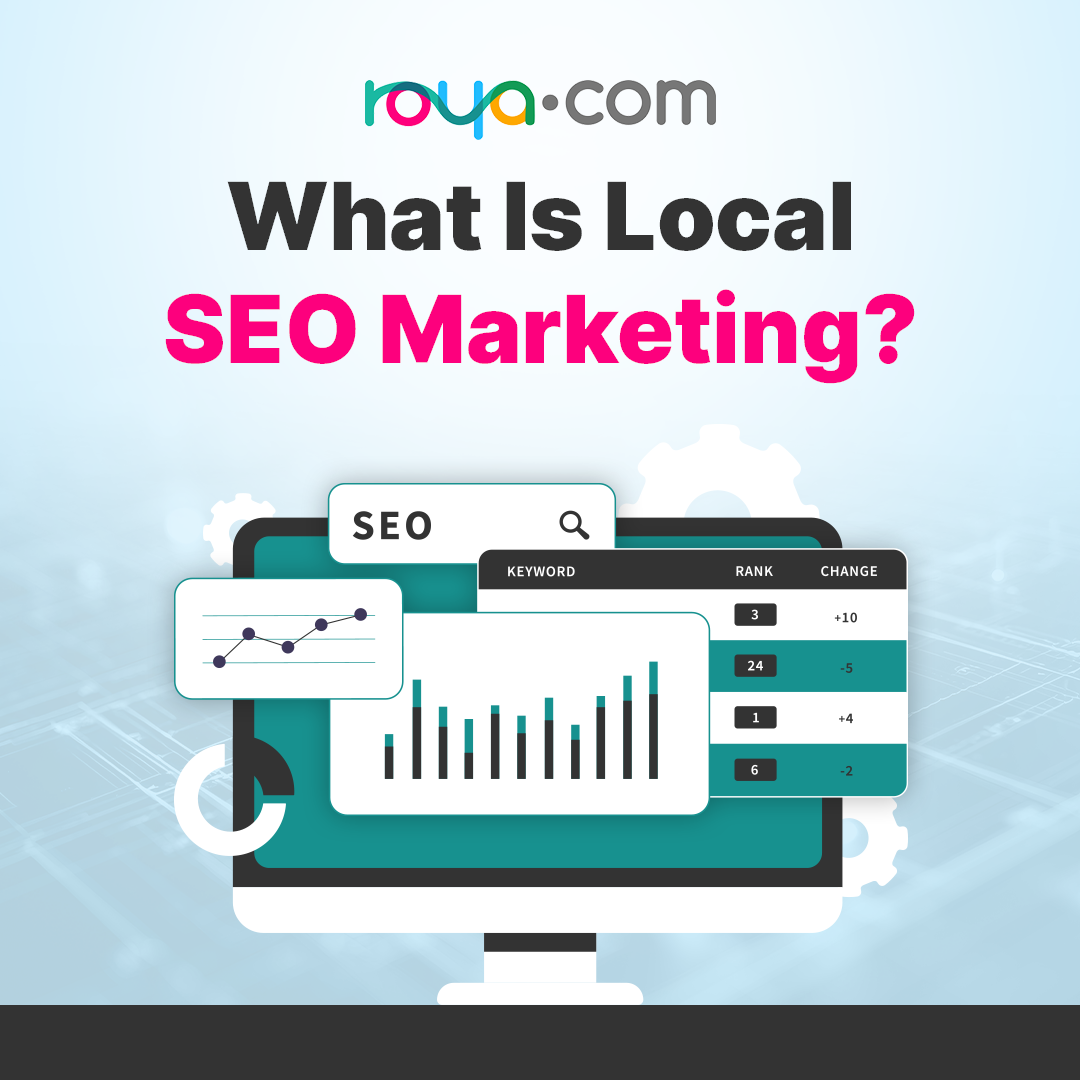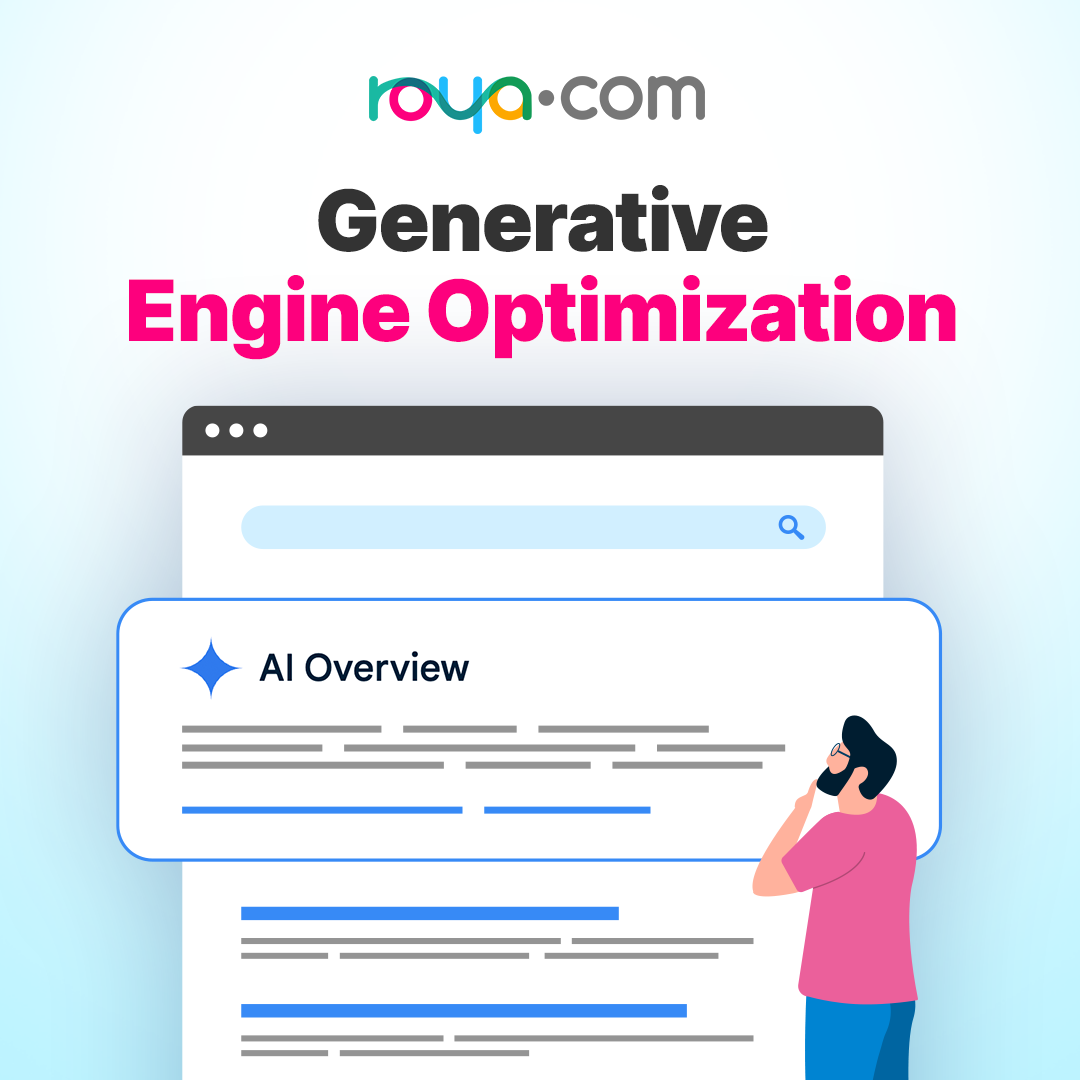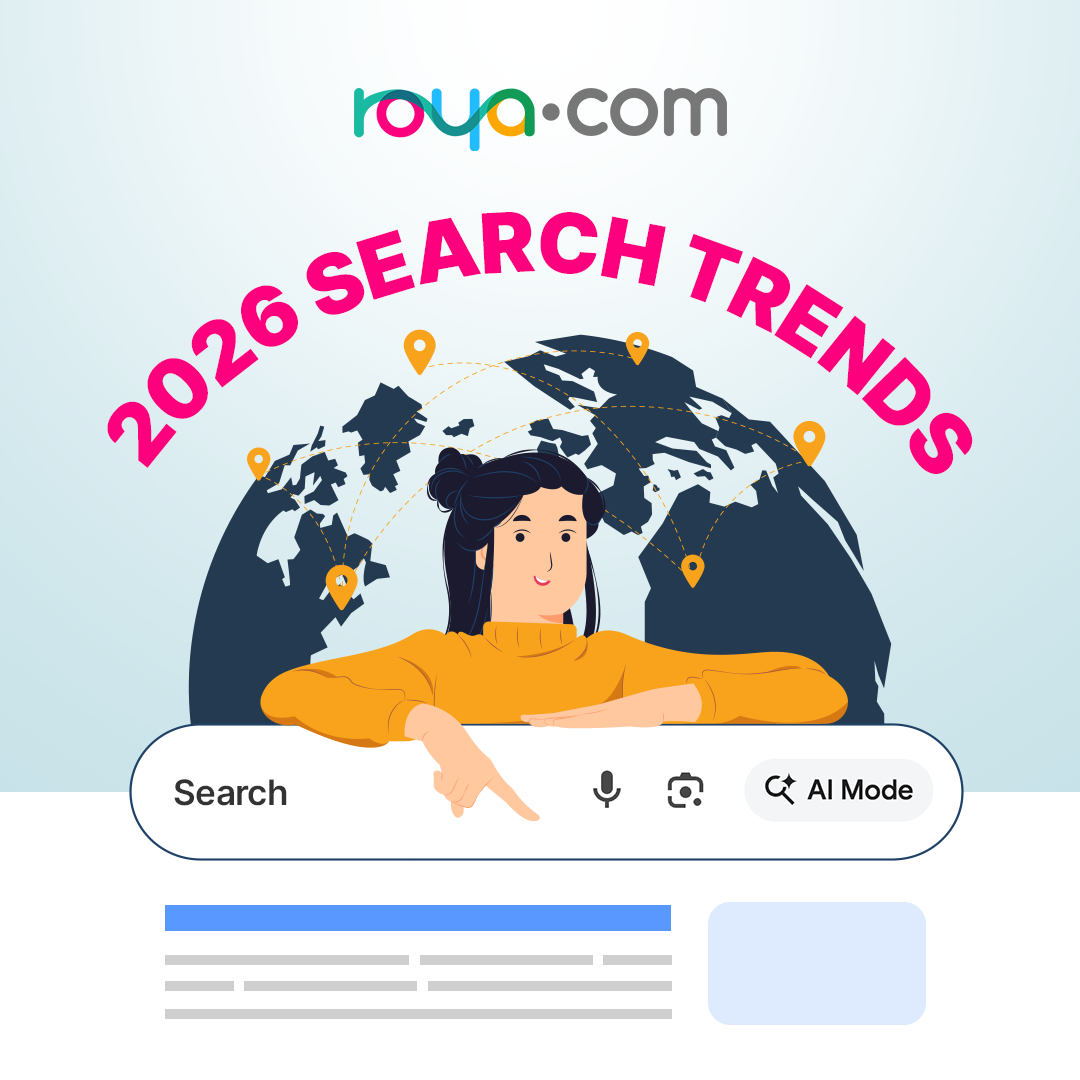
Large language models (LLMs) like ChatGPT and Google Gemini are now a crucial part of a modern SEO strategy. Since these AI tools don’t have a traditional ranking system like Google Search, you need to adapt your website to be "AI-friendly" so your content is more likely to be selected, summarized, and cited in their responses. This approach, sometimes called Generative Engine Optimization or Answer Engine Optimization, focuses on making your content clear and authoritative. Welcome to the new era of search engine optimization - SEO for LLM.
1. The LLMs.txt File: Your AI-Specific Sitemap
The llms.txt file is a new, unofficial web standard that helps guide LLMs to your most important content. Think of it as a custom roadmap for AI search engine crawlers, treated like a robots.txt file but handled similarly to a standard sitemap.xml that is on most websites for traditional search engines.
While a traditional robots.txt file tells crawlers what they can’t access, the llms.txt file tells LLMs what they should prioritize. The file is a simple text file, placed in your website's root directory. It contains a list of your most valuable pages, such as your "About Us" page, key service pages, or blog posts, along with summaries for each page. This helps LLMs quickly locate and understand the most authoritative information about your company. Here's an example of what an llms.txt file might look like from Yoast
By providing a detailed LLMs.txt file, you are directly communicating to LLMs which parts of your site contain the most important information you want them to use.
2. Implement Schema Markup for Better Results
Schema markup is a form of structured data you add to your website's header to give search engines and AI systems more context about your content. While it's been a staple of traditional SEO for years, its role in the age of AI is becoming even more crucial. Platforms like Bing have officially confirmed that schema markup helps their LLMs understand content, and for others, such as Google’s AI Insights & Gemini, it’s one of the main components to understanding the content on your website.
By adding schema markup to your site, you are explicitly telling AI crawlers what different pieces of information mean. For example, you can mark up your business's name, address, phone number (NAP), and social media profiles with Organization schema to help LLMs understand who you are. On service or product pages, you can use schema to clearly define questions and answers, making it easier for AI to extract and present that information in its responses.
Here are some key schema types to consider:
Organization Schema: For your homepage and "About Us" page, this defines your company's official name, logo, URL, and contact details.
Article Schema: Use this for your blog posts to specify the headline, author, publication date, and other key metadata.
FAQPage and HowTo Schema: Essential for pages with question-and-answer content or step-by-step guides. This helps AI models pull out specific information directly from your page.
You should add this structured data in the header section of the webpage’s html.
3. SEO for LLM: Create AI-Friendly Content
After the technical elements, the most important aspect of ranking on LLMs is creating high-quality, authoritative content. LLMs are trained on massive datasets and prioritize information that is clear, accurate, and comprehensive.
Here's how to create content that LLMs love:
Write for Humans First: Use a natural, conversational tone. LLMs are built on natural language, so content that is easy for a person to read and understand will be easier for an AI to process.
Demonstrate Expertise, Experience, Authority, and Trust (E-E-A-T): LLMs, like search engines, favor content from trusted sources. Build your authority by showcasing your team's expertise, providing case studies, and getting mentions and backlinks from reputable sources.
Use Lists, Tables, and Bullet Points: LLMs are great at summarizing and extracting information from structured data. Presenting complex information in lists, tables, and bullet points makes it easier for them to identify and use in their own answers.
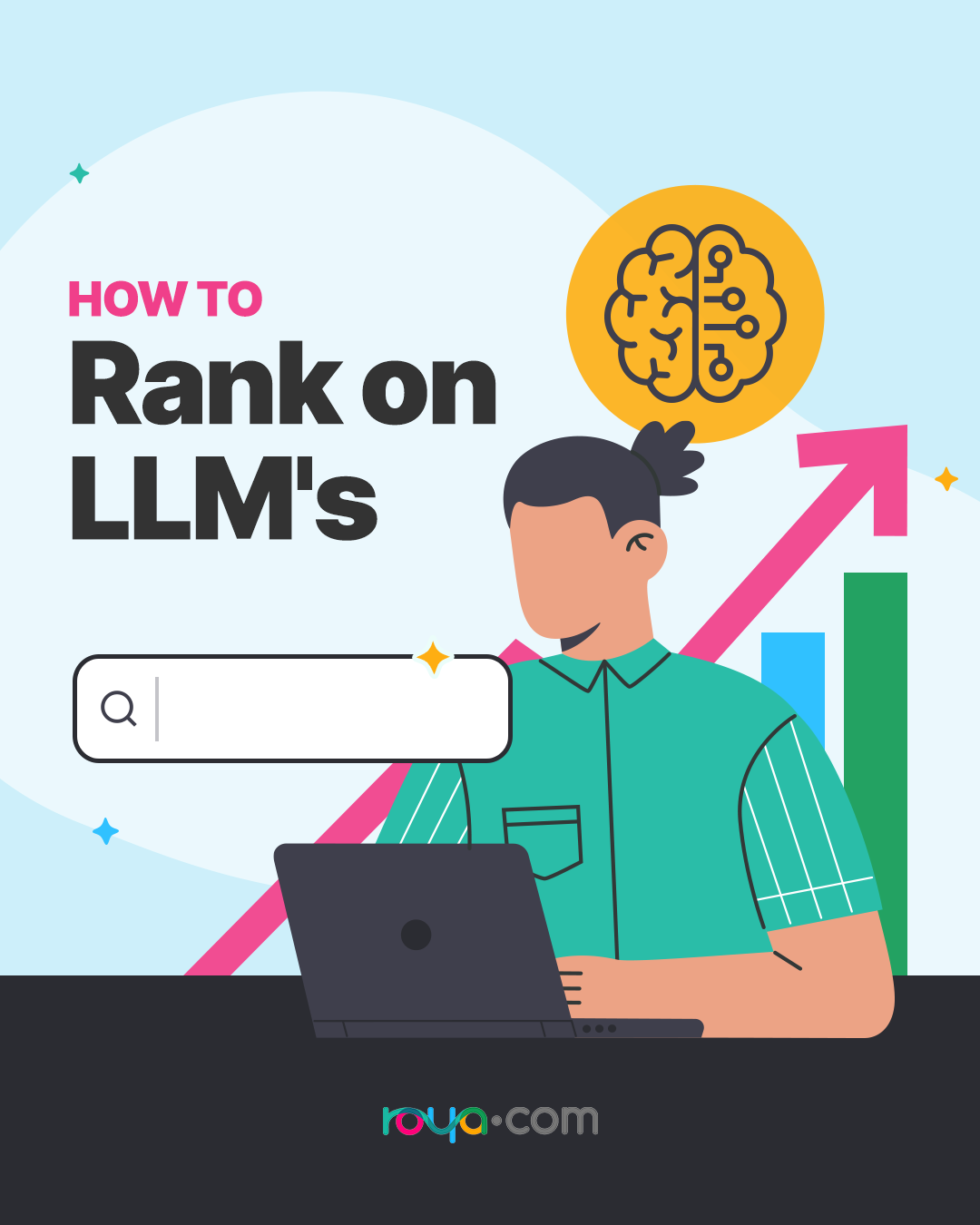
How Different Large Language Models "See" Your Website
With AI-powered summaries now a core part of the online experience, understanding how different models "see" your website is more critical than ever. It's no longer enough to optimize for traditional search crawlers; you must also cater to the unique ways Large Language Models access and interpret information. Each AI operates differently, pulling data from distinct sources to generate its answers.
Google's Gemini & AI Overviews
Google's AI, which powers the AI Overviews now seen in up to 90% of search results, builds its knowledge from pages already indexed in Google Search. While it analyzes all your content, it places a heavy emphasis on schema markup (structured data) from your website's header to quickly understand context. This helps it distinguish a product from a recipe or an event.
Your Action Plan: The first step is ensuring your site is submitted to Google Search Console. From there, focus on implementing robust schema markup to clearly label your content for Google's AI.
Perplexity AI
Perplexity acts as a conversational search engine, delivering direct, summarized answers. To accomplish this, it uses Microsoft Bing to crawl web pages in real-time. If your website isn't indexed on Bing, it will be largely invisible to Perplexity's users.
Your Action Plan: Register and verify your website with Bing Webmaster Tools to ensure Perplexity can find and cite your content.
OpenAI's ChatGPT & Anthropic's Claude
These popular chatbots also have distinct methods for accessing web data:
OpenAI's ChatGPT: While ChatGPT primarily relies on its vast internal training data, its partnership with Microsoft allows it to browse the live web using Bing's index. This means a strong presence on Bing makes your content accessible to both Perplexity and ChatGPT.
Anthropic's Claude: When Claude needs to fetch current information, it uses Brave Search as its primary source. To appear in Claude's answers, your content needs to be visible within Brave's search index.
What's Next for Generative AI Optimization?
The landscape of AI-powered search is evolving rapidly. While the strategies above are a solid foundation, staying ahead means constantly monitoring new trends and technologies. The future of SEO for LLMs is likely to involve a greater focus on:
Topical Authority: Creating a comprehensive cluster of content around a specific topic to prove your site is a definitive source of information.
Brand Presence: Building a strong, consistent brand presence across multiple platforms (social media, forums, reviews) to signal to LLMs that your business is reputable.
Unified Standards: A proposal was made to the major LLMs to become more unified and begin using llms.txt files on websites as the main source of information gathering.
By taking proactive steps now to optimize your website for AI-driven platforms, you're not just preparing for the future; you're gaining a competitive edge in today's digital landscape.

Frequently Asked Questions
Q: How important is it to show my website on ChatGPT and other LLMs?
A: Showing your website on ChatGPT and other LLMs can significantly increase your online visibility and reach a wider audience. These language models are used by search engines, social media platforms, and other online services to generate content and provide recommendations to users. For example, over 90% of Google searches now feature an AI Overview
Q: How can I monitor my website's performance on ChatGPT and other LLMs?
A: To monitor your website's performance on these language models, consider using analytics tools like Google Analytics to track your website's traffic, engagement metrics, and keyword rankings. Additionally, pay attention to trends in online search behavior and adjust your content strategy accordingly.
Q: Is it important to regularly update my website content to rank higher on ChatGPT and LLM platforms?
A: Yes, regularly updating your website content is crucial for ranking higher on ChatGPT and other LLM platforms. Fresh content signals to search engines that your website is active and relevant, leading to better visibility in search results.
Q: How long does it take to see results from implementing SEO strategies for ranking on ChatGPT and other LLMs?
A: The time it takes to see results from implementing SEO strategies for ranking on ChatGPT and other LLMs can vary depending on various factors such as the competitiveness of your niche, the quality of your content, and the effectiveness of your optimization efforts. Generally, it may take a few weeks to several months to see significant improvements in your website's ranking. Consistency and patience are key when it comes to SEO strategies.

